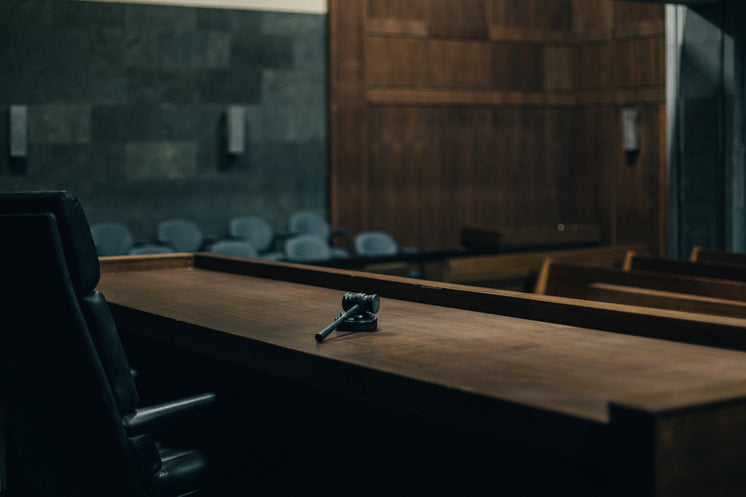During the 12th century. King Henry II (reigned 1154-1189) is often credited with establishing the framework for a unified legal system in England. He introduced reforms that expanded the reach of the royal courts and reduced the influence of local lords and barons. One of his most significant reforms was the establishment of circuit judges, who traveled the country to hear cases and ensure the uniform application of the law. This helped to create a more centralized system of justice and a more uniform legal system throughout England.
One of the vital roles of law courts. Courts are responsible for safeguarding the rights and freedoms of individuals, as enshrined in legislation such as the Human Rights Act 1998. This includes protecting individuals from unlawful detention, ensuring that everyone has access to a fair trial, and safeguarding the right to free speech, privacy, and equality before the law. When individuals' rights are violated by the state or other individuals, courts provide a platform for seeking redress and holding those responsible to account.

The history of legal aid in the UK dates back to 1949, when the
Legal Aid and Advice Act was passed. This landmark piece of legislation aimed to ensure that legal representation was available to individuals regardless of their ability to pay. The Act was a response to the recognition that a fair legal system required everyone, not just the wealthy, to have access to justice. Since then, legal aid has evolved, with various reforms and adjustments in response to changing government priorities and budgetary constraints.
Magistrates’ Courts in Wales deal with minor criminal offences, preliminary hearings for more serious cases, and some family and licensing matters. These courts are usually presided over by lay magistrates or district judges. They form the first point of contact for most criminal cases.
In conclusion, law courts in the UK have a range of critical duties that are essential for the proper functioning of the legal system. From ensuring that justice is delivered fairly and impartially, to protecting individual rights, managing civil disputes, and upholding public confidence in the legal system, the duties of law courts are vast and varied. The work of courts is fundamental to the rule of law and the protection of democracy, ensuring that everyone, regardless of their background or circumstances, has access to justice. As the legal system continues to evolve, the role and responsibilities of law courts remain central to maintaining a fair and just society.
Education and public awareness is also important. Many people are unaware of how courts operate or what their rights are when involved in legal proceedings. Campaigns by legal charities and educational bodies aim to demystify the legal system and make it more approachable for the public.
Professional organisations like the Law Society Wales and the Bar Council’s Wales and Chester Circuit promote Welsh legal interests and advocate for greater representation of Wales in the wider UK legal dialogue. These groups support the idea of legal plurality and better recognition of the unique legal culture developing in Wales.
Legal professionals in
England include solicitors, barristers, legal executives, and paralegals. Solicitors generally provide legal advice, prepare documentation, and represent clients in lower courts. Barristers specialize in advocacy and represent clients in higher courts. If you're ready to
1to1Legal find a solicitor near me more information regarding
English solicitors visit the web-site. All legal professionals must be properly accredited through regulatory bodies like the Solicitors Regulation Authority (SRA) and the Bar Standards Board.
The 17th century English Civil War in England. The conflict between the monarchy and Parliament led to the temporary abolition of the monarchy and the establishment of a republic under Oliver Cromwell. During this period, the legal system was significantly disrupted, with courts losing their traditional powers. However, following the restoration of the monarchy in 1660, the legal system was reestablished, and many of the judicial reforms that had been introduced earlier were solidified.

Whether in civil law, criminal law, constitutional issues, or human rights cases, the decisions handed down by British courts are not just about resolving individual disputes—they are about building and maintaining a legal system that serves justice, democracy, and the public good.
These courts have several key duties that are central to the proper functioning of the legal system. Whether handling criminal cases, civil disputes, family matters, or appeals, the duties of law courts are designed to uphold the rule of law, protect individual rights, and provide a fair and equitable system for all. This article explores the main duties of law courts in the UK, including their responsibilities in case management, the delivery of justice, safeguarding human rights, and maintaining public confidence in the legal system.
In conclusion, the history of law courts in the UK is a story of evolution and adaptation. From the informal community-based courts of the Anglo-Saxon period to the complex and specialized system of courts that exists today, the UK legal system has undergone significant changes. These changes have been driven by a combination of social, political, and economic factors, as well as the ongoing desire to ensure justice is delivered fairly and impartially. The history of UK law courts is a testament to the resilience and adaptability of the judicial system, which continues to play a crucial role in maintaining the rule of law and upholding justice for all.